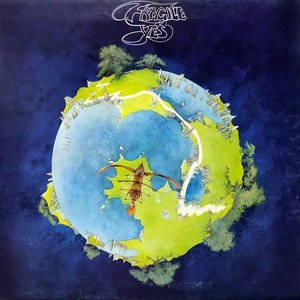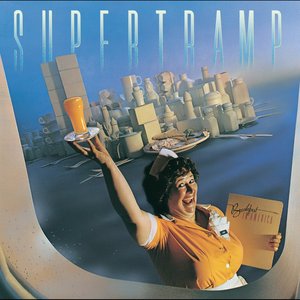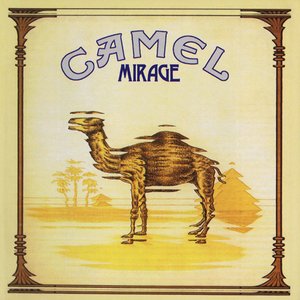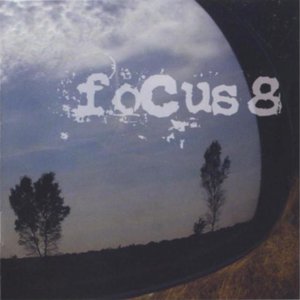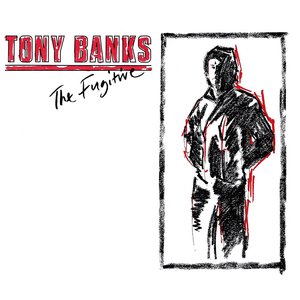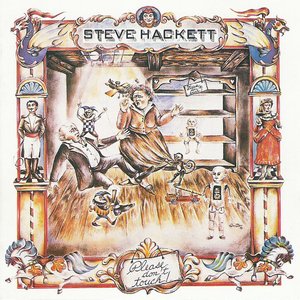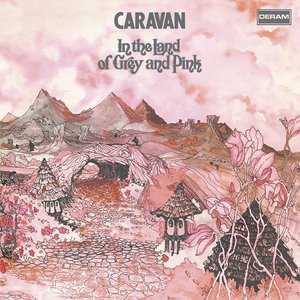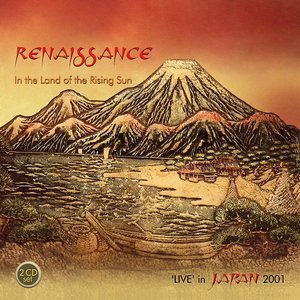Wiki
-
Release Date
23 March 1978
-
Length
11 tracks
…And Then There Were Three… is the ninth studio album by the Genesis and was released in 1978.
A pivotal release in the band's history, the title …And Then There Were Three… is a wry reference to the recent departure of guitarist Steve Hackett, reducing Genesis to a trio (which would result in their longest unchanged line-up, which lasted until 1996). As a result, the roles of the remaining members of Genesis became more sharply defined. Additionally, …And Then There Were Three… heralded a move towards shorter radio-friendly songs and marked the band's strategic move away from progressive rock at the height of punk rock, and included a song based on the fantastic adventures of comic strip character Little Nemo, ("Scenes From a Night's Dream"), notable for being the first Genesis song whose lyrics were written entirely by Phil Collins. The album also included a torch song ("Say It's Alright Joe") about a drunk who goes into a drunken stupor. As a more direct and accessible release, this album saw Genesis' fanbase increase considerably. The album reached #3 on the UK Albums Chart — having been bolstered by the Top 5 success of "Follow You, Follow Me", which also became Genesis' first hit US single. As a result, …And Then There Were Three… reached #14 on the US chart, becoming their first Gold (eventually Platinum) album there (see RIAA certification).
For many fans of the band's earlier work, this album indicated a crisis in the musical direction in the band, and rumours abounded of Genesis' potential demise. While many of the shorter songs were still clearly avant-garde in terms of instrumentation and lyrical material, few were longer than five minutes in length, and the arrangements went from the more classical, movement-style composition of previous albums to the more standard verse/chorus/bridge/chorus format of popular songwriting.
Album descriptions on Last.fm are editable by everyone. Feel free to contribute!
All user-contributed text on this page is available under the Creative Commons Attribution-ShareAlike License; additional terms may apply.

